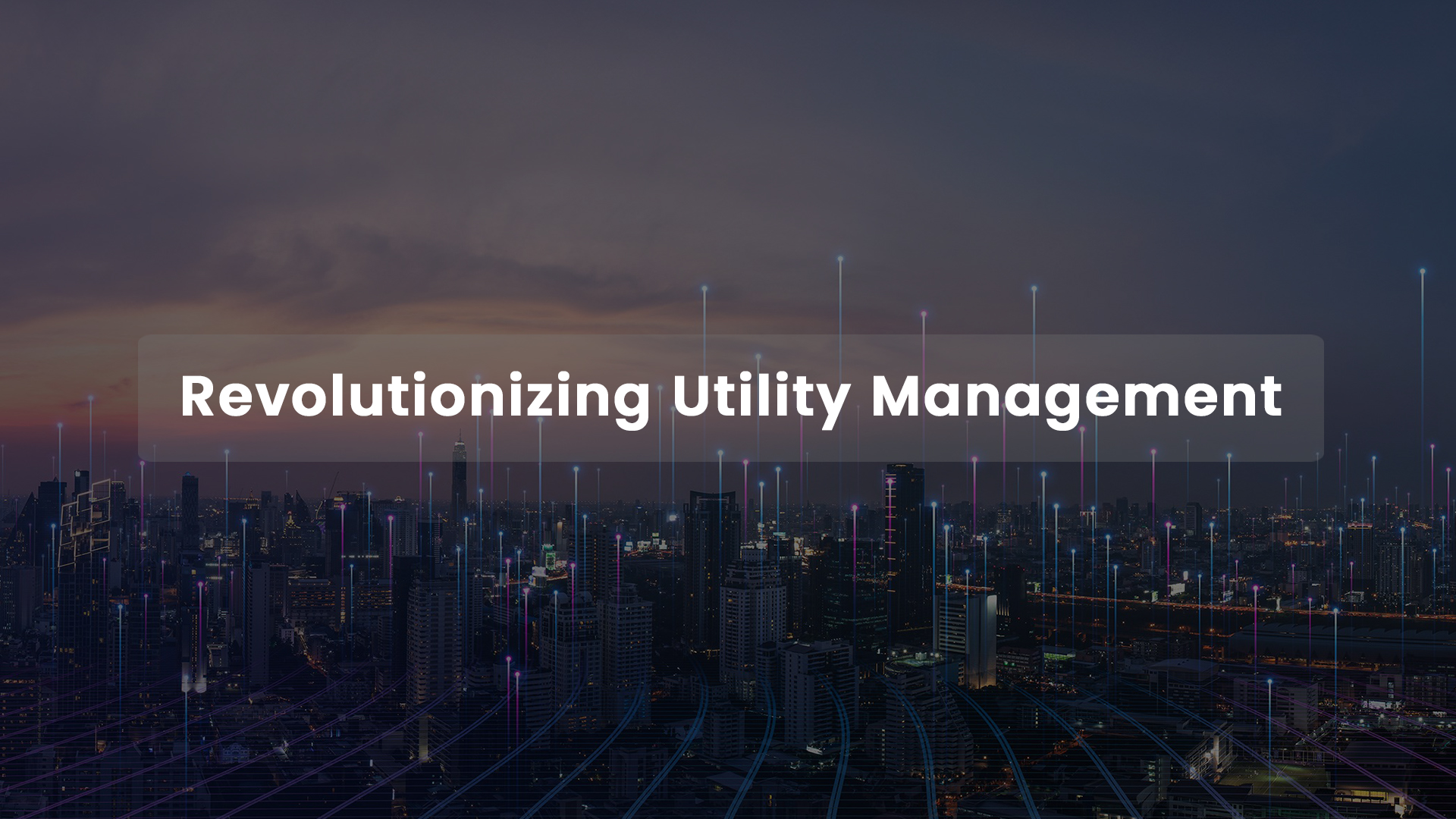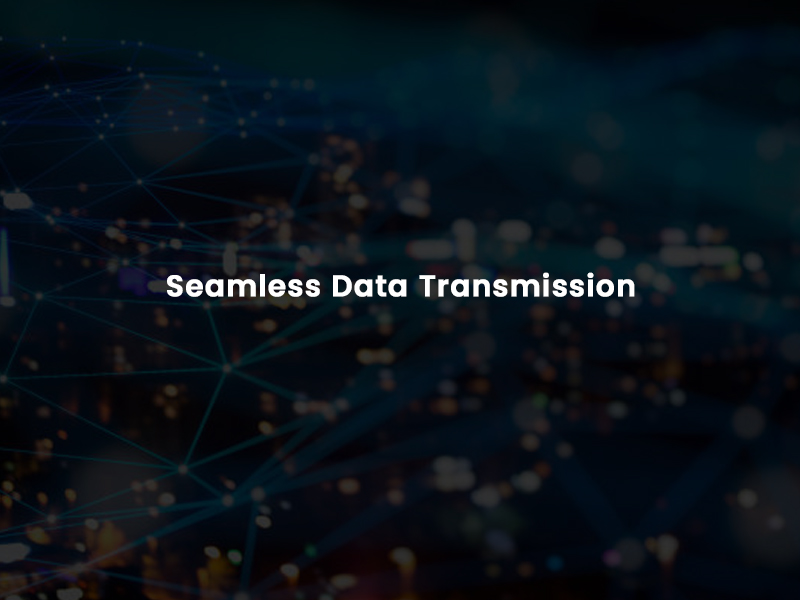
Revolutionizing Utility Management:
How Smart Meters and Grids Are Shaping the Future
In today's rapidly evolving energy landscape, smart meters and digital grids are transforming the way electricity and water resources are managed. By leveraging real-time data collection and advanced communication technologies, these intelligent solutions enhance operational efficiency, optimize resource consumption, and contribute to a more sustainable future.
Empowering Consumers with Real-Time Data
One of the most significant advantages of smart metering technology is its ability to provide consumers with detailed, automatic readings of their electricity and water usage. Unlike traditional meters, which require manual readings and often lead to estimation-based billing, smart meters deliver accurate, real-time consumption data. This enables users to monitor their usage patterns, identify inefficiencies, and make informed decisions to reduce waste and lower costs.
With access to both current and historical consumption data, users gain a clearer understanding of their energy and water usage over time. This level of transparency not only fosters better consumption habits but also helps businesses and households adopt more sustainable practices by reducing unnecessary consumption.
Advanced Communication and Seamless Data Transmission
Smart meters operate through sophisticated communication networks, ensuring that accumulated consumption data is continuously transmitted to a centralized system. This allows for automated meter reading (AMR) and advanced metering infrastructure (AMI), which eliminate the need for manual readings and significantly reduce the risk of human error.
The seamless transmission of consumption data ensures that both users and utility providers have real-time access to usage trends, allowing for better demand management and more efficient energy distribution. This level of connectivity is essential for modern smart cities, where real- time monitoring and predictive analytics play a crucial role in optimizing resource allocation.
Enhancing Sustainability and Energy Efficiency
By providing a clear picture of energy and water consumption, smart meters empower users to take proactive steps towards conservation and efficiency. Many modern smart meters come equipped with AI-driven analytics that help users identify peak consumption periods, detect unusual usage patterns, and receive automated alerts for potential inefficiencies or leaks.
This data-driven approach is crucial in supporting global sustainability efforts, as it allows for the rationalization of energy and water consumption. Governments, businesses, and households can leverage this technology to develop strategies for reducing carbon footprints, minimizing waste, and promoting the responsible use of natural resources.
A Smarter, More Reliable Future for Utilities
The widespread adoption of smart meters and digital grids marks a major step towards next- generation utility management. With millions of smart meters deployed globally, these technologies are setting new standards for accuracy, efficiency, and reliability in the energy and water sectors.
By integrating IoT, AI, and big data analytics, utility providers can further enhance operational performance, predict consumption trends, and improve grid stability. These advancements not only benefit consumers but also create a more resilient and adaptive energy infrastructure capable of meeting future demands.

Conclusion
Smart metering technology is revolutionizing the way electricity and water resources are monitored, managed, and consumed. By enabling real-time data access, seamless communication, and intelligent analytics, smart meters empower consumers to make more informed decisions while contributing to a sustainable and energy-efficient future.
As the world moves towards digital transformation, the integration of smart meters and digital grids will continue to play a critical role in shaping the future of smart cities and sustainable living. Investing in these technologies today will ensure greater efficiency, reduced costs, and a more sustainable tomorrow.








